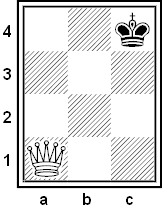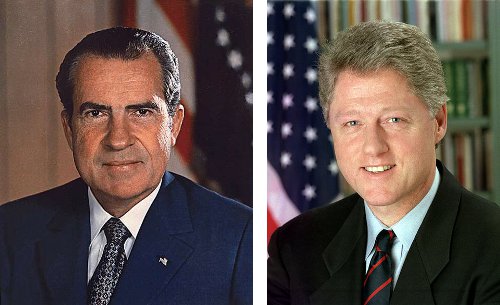Amazon reviews of A Million Random Digits with 100,000 Normal Deviates (1955), by the RAND Corporation:
- “I had a hard time getting into this book. The profanity was jarring and stilted, not at all how people really talk.”
- “Once you get about halfway in, the rest of the story is pretty predictable.”
- “If you like this book, I highly recommend that you read it in the original binary.”
- “I would have given it five stars, but sadly there were too many distracting typos. For example: 46453 13987.”
- “I really liked the ‘10034 56429 234088’ part.”
- “Frankly the sex scenes were awkward and clumsily written, adding very little of value to the plot.”
- “For a supposedly serious reference work the omission of an index is a major impediment. I hope this will be corrected in the next edition.”
The average customer gives it four stars.




